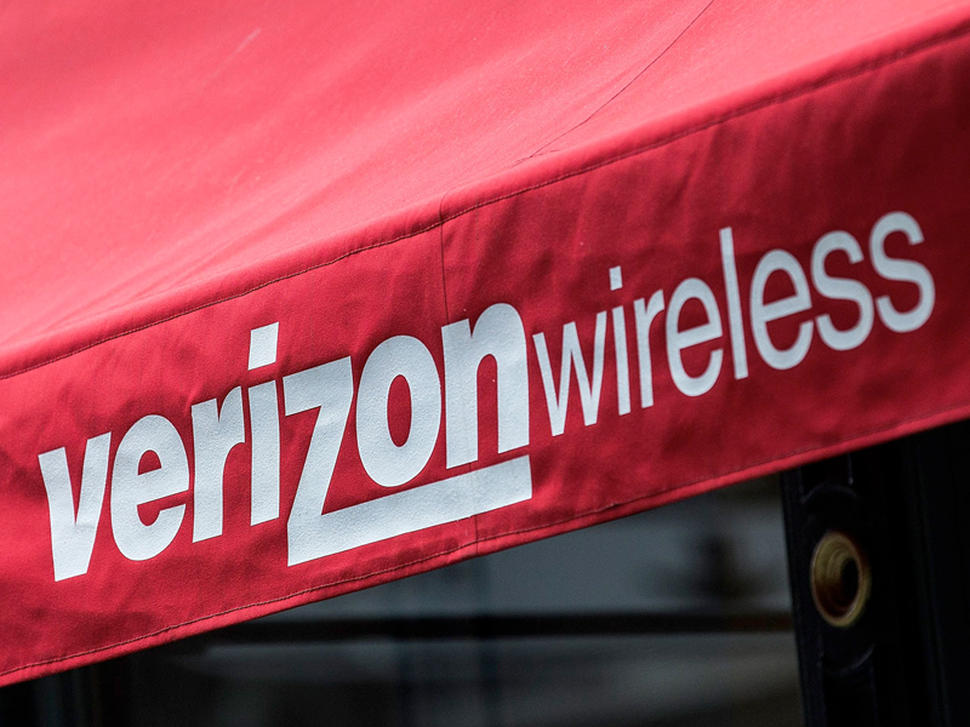Verizon Wireless to pay $1.35M fine to settle 'supercookie' privacy case

Verizon Wireless will pay $1.35 million to settle a privacy case with the federal government over the cell provider's use of "supercookies."

The US' largest cell provider's with more than 140 million users will also be subject to a three-year consent decree after the Federal Communications Commissions (FCC) said the company violated the privacy of its customers.
The FCC said that Verizon failed to tell customers that it inserted tracking code into web traffic to identify them.
The code was part of a program that helped the company deliver targeted ads to its broadband customers from the company and its partners between late 2012 until 2014.
Verizon Wireless only updated its privacy policy in 2015 over two years after the program first started, the agency said.
The use of "supercookies" is controversial because the code is injected into web traffic as it flows across the internet, but also the code persists across browsing sessions and can't be deleted by wiping a browser's history, in effect making it impossible to opt-out.
After a number of US senators raised issue with the practice, the company agreed to let users opt-out of the program.
But the FCC said that its investigation discovered it wasn't just home connections that were being targeted by the use of supercookies. The agency said that enterprise and government customers who were "ineligible" to participate in the advertising program were targeted by supercookies.
The FCC is expected to announce new privacy protections for internet connections later this year.